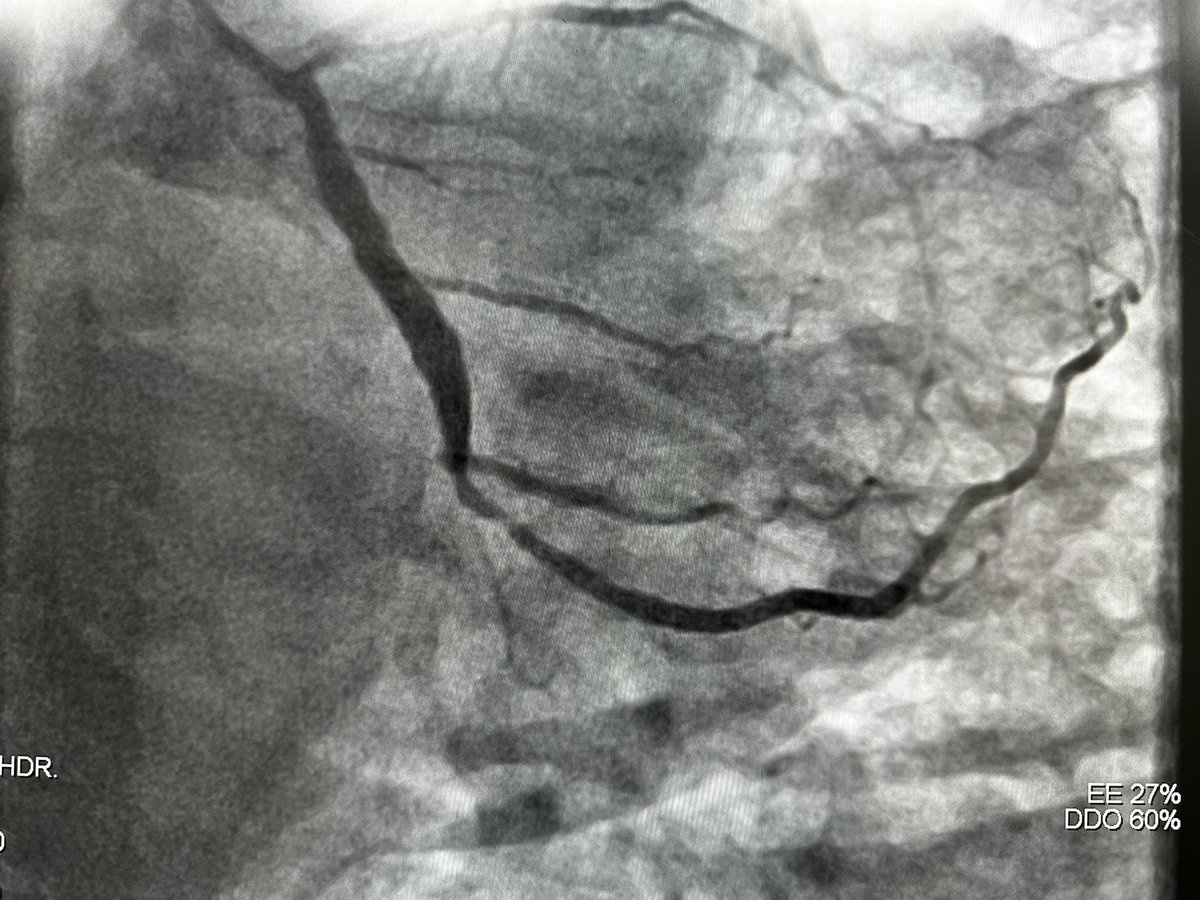
#heartattack after a “normal” heart check up!
This 🧵 contains important information about #hearthealth.
58 year old gentleman from Canada came to #PulseHeart with chest pain of more than 12 hours duration. His ECG showed a major heart attack. 1/n
This 🧵 contains important information about #hearthealth.
58 year old gentleman from Canada came to #PulseHeart with chest pain of more than 12 hours duration. His ECG showed a major heart attack. 1/n

He delayed seeking medical attention because he had a heart check up done in the past few months and he was told that his heart is normal. The check up included ECG and an ECHO. 2/n
On the angiogram done immediately, (this Sunday), he had a total block of one of the major blood vessels supplying the heart. 3/n 

The blood vessel was opened promptly and a stent was placed restoring the blood supply to the heart. But some damage has already been done. The pumping capacity of his heart was impaired. 4/n 

He kept on asking me: “how could this happen to me when my test results were normal in the recent check up?” 5/n
This is what went wrong: ECG and ECHO will show the status of the heart at that moment. They do not indicate what may even happen later in the day. Normal ECG and ECHO may be seen in patient with severe underlying coronary disease especially in patients with Diabetes. 6/n
This is compounded by the fact that diabetics don’t feel chest pain like the non-diabetics even when they have coronary artery disease. That’s why silent heart attacks happen in diabetics. 7/n
A way of dealing with this is to get a exercise stress test done. This is also known as the Treadmill Test. In the majority, a normal treadmill test will rule out an underlying severe coronary disease. 8/n
Take home message: So, if you have diabetes or other risk factors for heart disease don’t stop with ECG and ECHO while checking for your heart status. Please get a stress test done. 9/n
Btw, the man from Canada went home safely. End.
• • •
Missing some Tweet in this thread? You can try to
force a refresh





